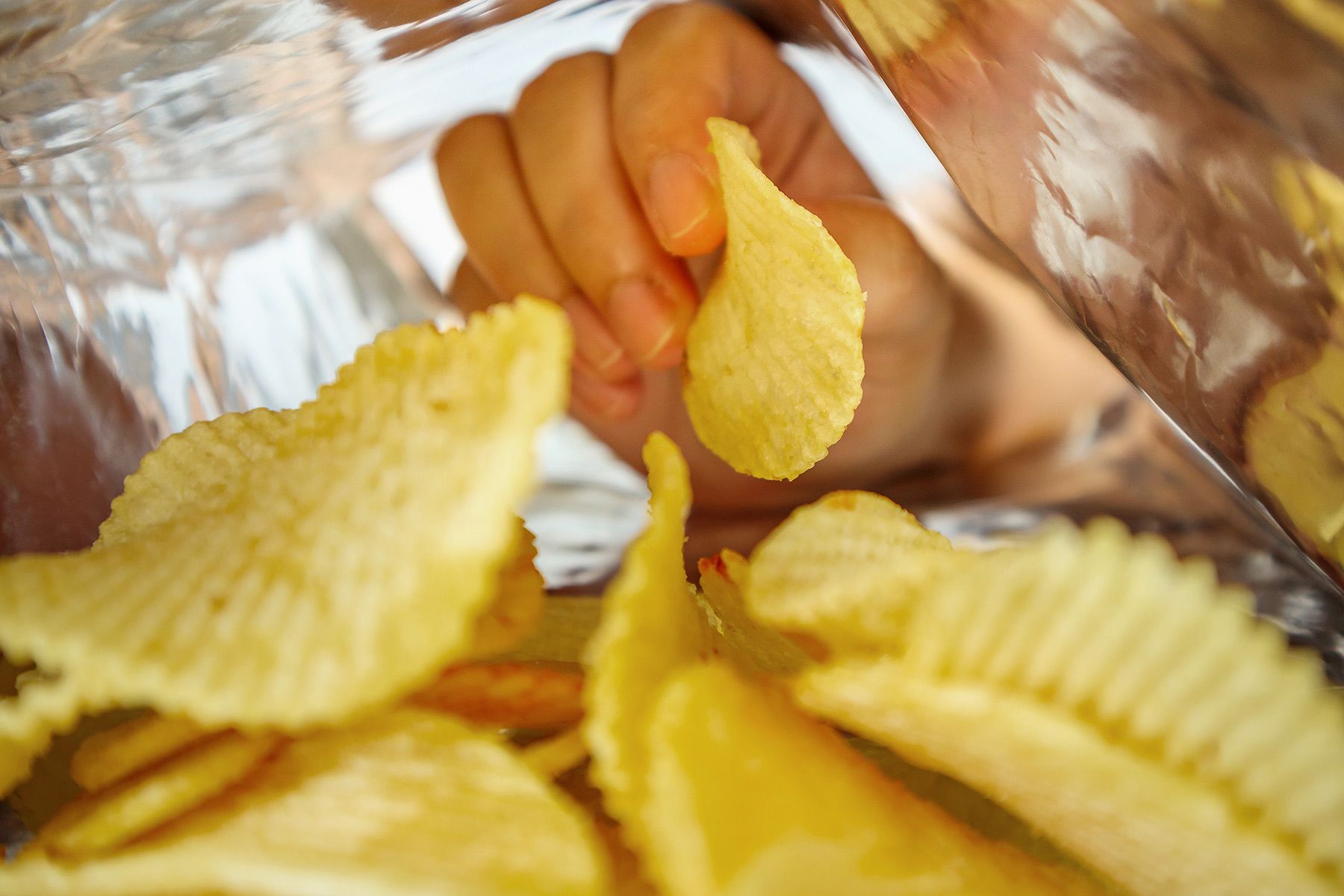- August 22, 2022
- No Comment
- 4 minutes read
Highly Processed Foods Are Bad for Older Brains, Study Says – WebMD

Aug. 15, 2022 – A diet rich in chips, cookies, hot dogs, and other highly processed foods is harmful for the aging brain, according to a new study presented at the Alzheimer’s Association International Conference.
Researchers looked at the eating habits and performance on tests of thinking skills over the years in almost 11,000 adults from Brazil.
They found that those who ate the highest amounts of ultra-processed foods had a faster rate of decline in their thinking skills on standard tests than those who ate the lowest amounts of these unhealthy foods.
For brain health, it is best to cook at home and choose “fresher ingredients instead of buying ready-made meals and snacks,” says Natalia Goncalves, PhD, with the University of São Paulo Medical School in Brazil.
And it is “troubling but not surprising” to see new data suggesting that ultra-processed foods can speed up a decline in mental skills, Percy Griffin, PhD, director of scientific engagement for the Alzheimer’s Association, tells WebMD.
Ultra-processed foods make up more than half of American diets.
These foods are packed with added ingredients, including sugar, fat, and salt, and are low in protein and fiber. They include soft drinks, chips, chocolate, candy, ice cream, sweetened breakfast cereals, packaged soups, chicken nuggets, hot dogs, fries, and many more.
Over the past 30 years, there has been a steady increase in consumption of highly processed foods worldwide. They have been linked to a variety of conditions, such as overweight/obesity, heart disease, and cancer.
This new study adds to growing evidence that “what we eat can impact our brains as we age,” Griffin says.
Compared with people who ate less than 20% of daily calories from ultra-processed foods, those who ate more than 20% of daily calories from ultra-processed foods had a 28% faster rate of decline in thinking skills and a 25% faster decrease in executive function. (Executive function is set of mental skills that include working memory, flexible thinking, and self-control.)
“Considering a person who eats a total of 2,000 kcal a day, 20% of daily calories from ultra-processed foods are about two 1.5 oz bars of KitKat, or 5 slices of bread, or about a third of an 8.5-oz package of chips” Goncalves says.
“The good news,” says Griffin, “is there are steps we can take to reduce [the] risk of cognitive decline as we age. These include eating a balanced diet, exercising regularly, getting good sleep, staying cognitively engaged, protecting from head injury, not smoking, and managing heart health.”
Alzheimer’s Association International Conference (AAIC) 2022.
Natalia Goncalves, PhD, University of São Paulo Medical School, Brazil.
Percy Griffin, PhD, director of scientific engagement, Alzheimer’s Association.
© 2005 – 2022 WebMD LLC. All rights reserved.
WebMD does not provide medical advice, diagnosis or treatment.
See additional information.

